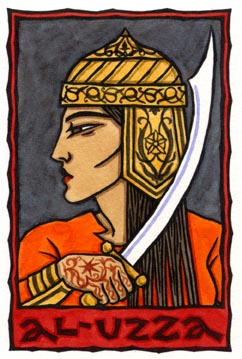Non-Muslims are not allowed to eat, drink and smoke in public during Ramadan in Saudi Arabia. If they do, they will be thrown out of the country. Saudi warns non-Muslims: respect Ramadan or face expulsion.
Saudi authorities are warning non-Muslim expatriates against eating, drinking or smoking in public during Ramadan, the month-long sunrise-to-sunset fast — or face expulsion.
The Interior Ministry of the oil-rich kingdom is calling on non-Muslims to “show consideration for feelings of Muslims” and “preserve the sacred Islamic rituals.”
Otherwise, a statement says, Saudi authorities will cancel violators’ work contracts and expel them.
The warning came on Friday, the first day of the Ramadan observance.
In addition to Saudi Arabia’s 19 million citizens, there are nearly 8 million Asian workers in the country, as well as hundreds of thousands of other foreign expatriates from around the globe, according to government figures.
Saudi Arabia, the ultraconservative Sunni kingdom , is the home of Islam’s holiest sites. It enforces a strict interpretation of the religion.
Saudi Arabia violates human rights with head held high. China, the other human rights violator executes people secretly whereas Saudi Arabia does it publicly. Non-Muslim and poor Muslim workers are not treated as human beings in Saudi Arabia. It has been violating international labor laws with impunity. Is there no nation or united nations in the world that can warn Saudi Arabia to stop bullshiting?























